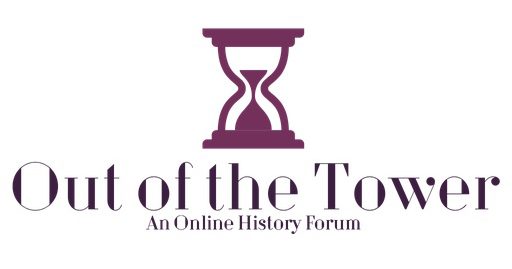Wow! It has been a while. I am sorry for the delay in posting. As I have written about before, things are crazy right now. My husband is traveling constantly, so I have been solo-parenting a lot. When I am not taking care of the kiddos, I have been focusing my energy on my book manuscript. (I do not have much of a life outside of parenting and writing. Seriously.) My goal is to have a reasonable grip on the manuscript before I send my proposal materials to the editor who I have been communicating with since last fall. Because the book has been taking up the majority of my time outside of parenting, I decided to do a post about writing tips and suggestions.
academia
RESEARCH TOOL: ZOTERO
Zotero is an invaluable resource for anyone who is organizing and analyzing research.
Even though I first encountered Zotero during a graduate-level digital history course, it took me another year to fully realize its benefits. When I began conducting research for my dissertation I became completely overwhelmed by the sheer volume and diversity of sources that I had to collect and examine. After three trips to the manuscript room at the Library of Congress produced scattered and indecipherable research notes, I decided to return to my Zotero account. This was probably one of the smartest decisions I ever made as a PhD student, as, to put it simply, I would not have finished my dissertation without the help of Zotero.
Teaching Resource: Historiography 101
I: FRAMEWORKS
A. Introduction
Historiography–The critical examination of the various philosophies, theories, and methods that influence historical scholarship.
Historical Agency–This concept refers to whom or what a historian believes to be the primary agent of historical change.
Historicism—The aim to understand the worldview of the culture that produced the primary source materials. Embedded in this concept is that idea that the past is a different world that needs to be studied in its own terms.
Famous Schools of History…
- Empiricist
- Idealist
- Progressive
- Marxist
- Consensus
- Nationalist
- Annales
- New Left
- New Social History
- Post-Structuralism
- Post-Modernism
B. Philosophy of History Trends
Popular History–Based on entertainment value; emphasize drama and excitement
Academic History–Critical analysis and investigation
Nationalistic–Seeking to build a sense of national unity and patriotism among citizens by teaching them about a common past
Moral–History as a means to instill values and moral beliefs
Identity–Historical research as a way to understand beliefs, lives, and ourselves by comparing our lives to those from different places.
Draft Syllabus—Social Forces that Shaped America (Summer 2012)
I. COURSE DESCRIPTION
Esteemed political scientist Benedict Anderson wrote that a nation is more than a political entity with geographic boundaries; it is an imagined community. As Anderson explains, it is “imagined because the members of even the smallest nation will never know most of their fellow-members, meet them, or even hear of them, yet in the minds of each lives the image of their communion.”[1] For Anderson, a nation is a state of mind. Following Anderson’s definition, this course looks at the social forces that have shaped the imagined community that is America.

